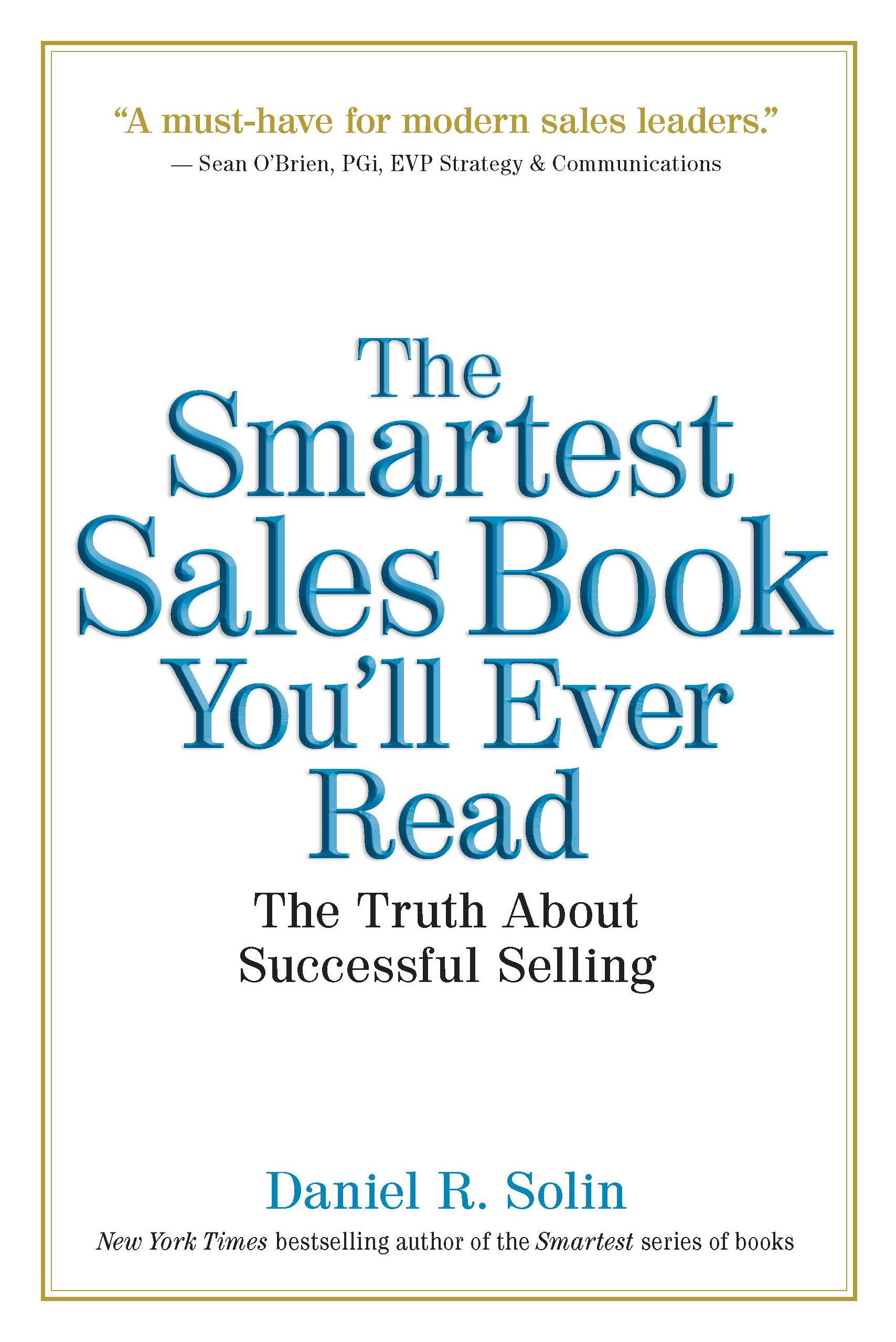Here's information you won't see, read or hear in what passes for "financial news":
Harken back to a decade ago. Your broker recommends an investment in a hedge fund. Your registered investment adviser disagrees. She recommends you invest in an index fund composed of 60 percent stocks and 40 percent bonds. You go with the broker's recommendation. You don't want "average" returns. You want your money managed by the best minds in finance.
Fast forward to today. According to a Harvard Business Review blog, a composite index of more than 2,000 hedge funds returned 72 percent over the past decade. The index fund, which took significantly less risk, had a return of about 100 percent, while charging much lower fees.
You would think these dismal returns would have dealt a crippling blow to the hedge fund industry. Not so. Hedge funds remain the darling of many pension plans. According to the same blog, hedge funds that go long and short on stocks and invest in equity derivatives managed a mere $865 billion a decade ago. Having demonstrated their lack of investment skill, these fund managers now manage more than $2.4 trillion. Go figure.
You have to feel sorry for the beneficiaries of these pension plans. I predict the next wave of litigation will be against pension plan sponsors for ignoring this data. They are either hopelessly incompetent or engaged in collective cognitive dissonance. Whatever the reason, the beneficiaries of these plans are suffering the consequences.
It's not as though you have to be a rocket scientist to invest intelligently and responsibly. Whether you are running a huge pension plan or are an individual investing in order to provide for your own retirement, the basic principles are the same: Invest in a globally diversified portfolio of low-management-fee index funds, in an asset allocation suitable for you.
Unfortunately, there are many barriers that keep most investors from implementing this simple, sound strategy. The financial news provide a steady stream of misinformation, designed to mislead investors into thinking there is a "stock guru" who can "beat the markets," predict when the inevitable "correction" is coming and identify undervalued stocks.
Investors are subject to a daily deluge of irrelevant information, framed as valuable financial advice. Jim Cramer, a consistent source of nonsensical musings, recently advised investors that the resignation of Congressman Eric Cantor from his position as House Majority Leader is a wild card in the market. How is that information helpful?
Another article notes that "most economists say the Fed is wrong about growth." Here's what the article doesn't tell you: The track record of economists making forecasts is totally unreliable. In fact, a more helpful article would have explained why you should ignore all predictions about the future direction of the markets. As my colleague Larry Swedroe noted in an analysis of the accuracy of economic forecasts, the majority of economists did not predict the three most recent recessions even after they had begun.
Unfortunately, information that is genuinely helpful to you is often set forth in dry white papers that garner little attention. This white paper from Vanguard, which debunks myths and misconceptions about indexing, should be required reading. Among the myths debunked are:
- Indexing only works in efficient markets
- Indexing generates only "average" returns
- Paying higher management fees for actively managed funds means you are likely to earn higher returns
- Market capitalization is an invalid methodology for structuring an index
- Index funds underperform in bear markets.
Some investors are getting the message. The Vanguard white paper notes that, for the six years that ended through 2013, passively managed funds generated $1.37 trillion in net new cash flow. Actively managed funds garnered only $429 billion in new net cash flow for the same period.
Just because most investors continue to be fleeced doesn't mean you should be one of them.
 Dan Solin is the director of investor advocacy for the BAM ALLIANCE and a wealth advisor with Buckingham. He is a New York Times best-selling author of the Smartest series of books. His latest book is The Smartest Sales Book You'll Ever Read.
Dan Solin is the director of investor advocacy for the BAM ALLIANCE and a wealth advisor with Buckingham. He is a New York Times best-selling author of the Smartest series of books. His latest book is The Smartest Sales Book You'll Ever Read.
The views of the author are his alone and may not represent the views of his affiliated firms. Any data, information and content on this blog is for information purposes only and should not be construed as an offer of advisory services.
